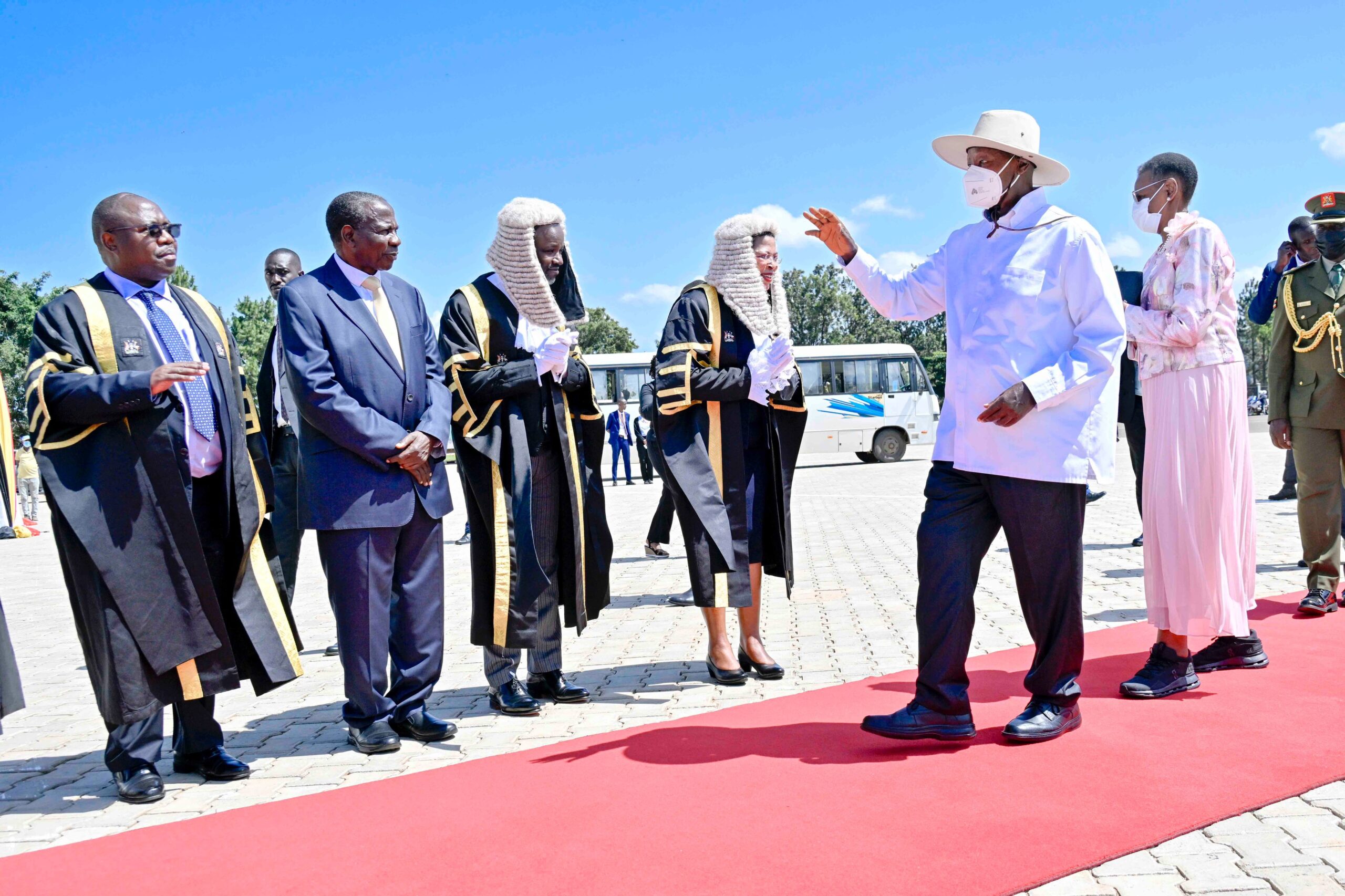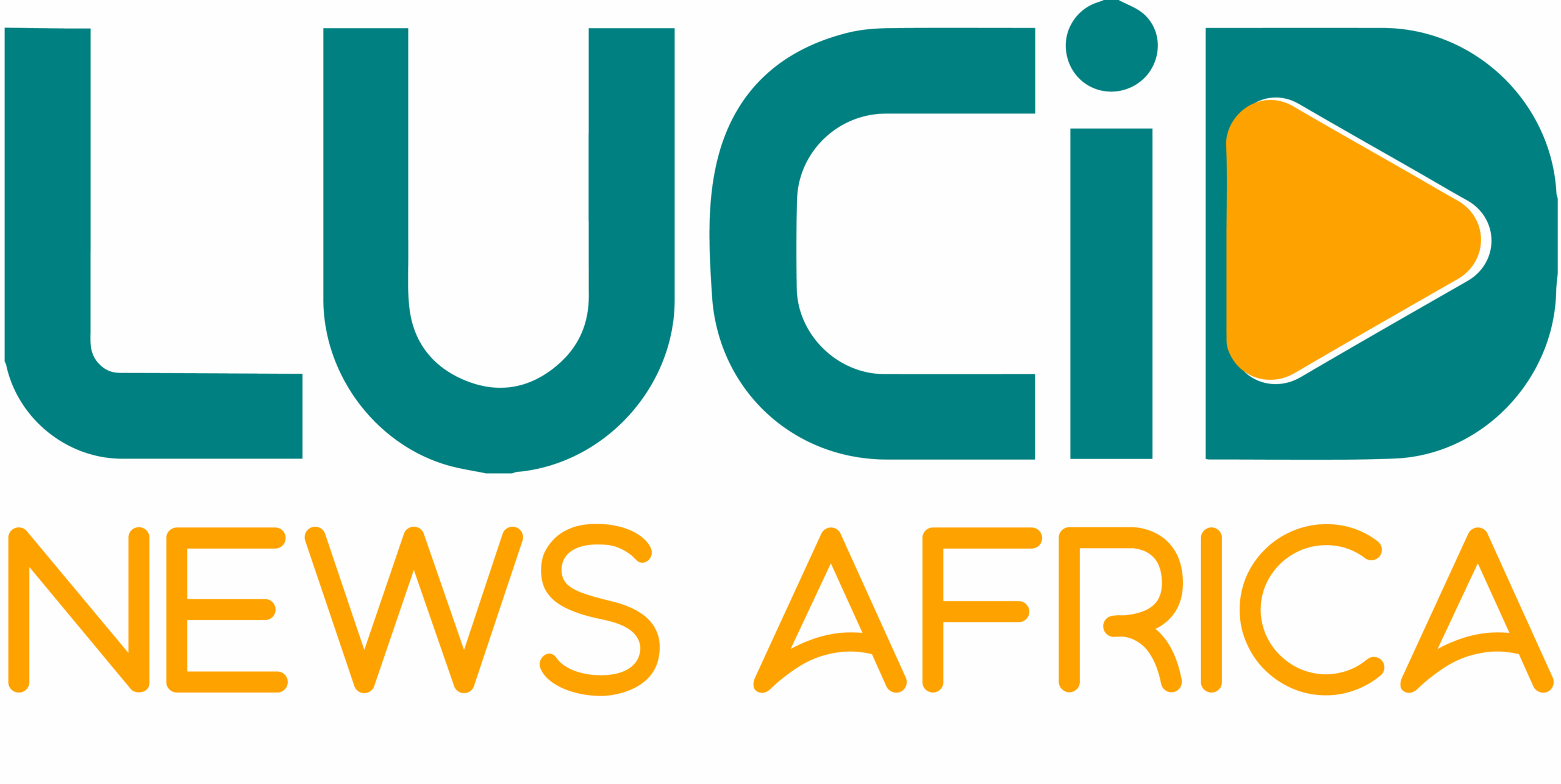Pan-Africanism and anti-corruption in Museveni’s 2025/2026 budget

PAN-AFRICANISM AND ANTI-CORRUPTION IN MUSEVENI'S 2025/2026 BUDGET
In a landmark speech delivered at the Kololo Ceremonial Grounds during the reading of Uganda’s National Budget for the Financial Year 2025/2026, President Yoweri Kaguta Museveni Tibuhaburwa focused on two pivotal themes: the quest for East African Federation and the persistent challenge of corruption. The President offered a comprehensive vision for both national development and political integrity.
The quest for East African federation and Pan-African unity
President Museveni began by invoking the historical spirit of Pan-Africanism, tracing its roots to early champions like W.E.B. Du Bois, George Padmore, and Marcus Garvey, and later leaders such as Jomo Kenyatta, Kwame Nkrumah, and Julius Nyerere. He lamented Africa’s colonization by 1900, which he attributed to “ego-centric and incompetent kings” whose infighting weakened the continent.
He reflected on Africa’s resistance to colonialism, which gained momentum thanks to the rise of Socialist states and inter-Imperialist wars, culminating in landmark events such as India’s independence in 1947 and China’s in 1949. By 1963, 36 African nations had attained independence, forming the Organization of African Unity (OAU).
Museveni recounted Africa’s military triumphs over colonial regimes in Mozambique, Guinea-Bissau, Angola, Zimbabwe, and eventually South Africa in 1994 describing this as the end of “five centuries of shame” due to slavery and colonization.
He laid out three historical missions and four ideological principles guiding the National Resistance Movement (NRM):
Prosperity through market integration
Museveni stressed that Africa’s prosperity must come from producing and selling goods and services profitably (“ekibaro”), rather than relying on aid. While tribal markets offer limited opportunities, Uganda’s diversity proves the economic strength that can come from inter-tribal trade.
This leads to the first ideological principle: Patriotism – love for Uganda and its internal market.
Recognizing the limitations of Uganda’s market, especially with surpluses in products like milk, maize, and bananas, Museveni introduced the second principle: Pan-Africanism as love for Africa, emphasizing the need for regional markets. He referenced Germany’s unification and the French Revolution’s elimination of internal tariffs as historical examples of the power of market integration.
Museveni noted that prosperity can be achieved through economic integration, reinforced by socio-economic transformation and democracy. He highlighted the relaunch of the East African Community (EAC) in 1999 and its expansion to include Rwanda, Burundi, South Sudan, the DRC, and Somalia. He urged the removal of trade barriers, infrastructure development, and balance in regional trade.
Strategic security through unity
The President questioned how Africa can protect itself from future threats, noting that even powerful European nations were vulnerable during WWII. He cited Israel’s dependence on the U.S. for security and asked, “Can Uganda develop a space program on its own?” His answer was clear: “Uhuru na Umoja” Freedom and Unity.
He praised Tanzania’s unification, brought about by Mwalimu Nyerere and Mzee Karume, as a successful example of political and economic integration. He argued that a united East African Federation could have prevented the rise of Idi Amin and conflicts in Rwanda, Burundi, South Sudan, and the DRC.
Brotherhood (Undugu)
President Museveni emphasized the kinship among Africa’s 1.5 billion people, who fall into just four main linguistic families. He cited Kiswahili as a “neutral, non-tribal dialect” capable of uniting diverse communities and shared a personal story of mutual understanding across Bantu and Nilotic languages.
While calling for economic integration across the continent, he supported political federations where cultural and historical similarities exist, such as in East Africa. He distinguished this from the broader continental government proposed by leaders like Nkrumah and Gaddafi, suggesting that Africa is too diverse for such a structure.
Confronting corruption
Shifting focus, Museveni addressed corruption, which he categorized into two forms: illicit enrichment and political corruption using money to gain support rather than championing ideas or policies. He criticized the erosion of the “spirit of sacrifice” that once defined the NRM, highlighting how later Parliaments have focused on inflating their own benefits.
He singled out the “YPA” group for engaging in fundraisers that promote a damaging perception: that political leaders are cash dispensers. This, he said, pushes politicians into debt and undermines democratic accountability.
Museveni reaffirmed that government programmes like NAADS, Operation Wealth Creation (OWC), the Parish Development Model (PDM), Emyooga, and sector-specific projects like clonal coffee and Kalangala palm oil are the genuine tools for lifting Ugandans out of poverty not petty cash handouts from MPs.
He urged voters to resist accepting “petty money,” which compromises their ability to choose leaders focused on real development. Political corruption, he said, enables public servant corruption, and the most effective whistleblowers are the victims, the people themselves.
A clarification on presidential gifts and traditional practice
Responding to criticism of his giving of “khaki envelopes,” Museveni explained that this is rooted in the traditional practice of okurongoora—a cultural norm where a leader rewards athletes or performers. Unlike MPs who go into debt, he emphasized that his contributions are within a presidential budget.
He condemned rampant political fundraising as “extortion,” arguing that it was fueled by MPs who created false perceptions of personal wealth. Instead, he advocated for okusonda—community-driven fundraising where everyone contributes equally, as practiced by his father in the 1950s.
He called on religious leaders and elders to question young politicians’ lavish spending, asking them: “Naye mwana wange, esente zino zonna, ozigyawa?” (“My child, from where are you getting all this money?”). He reminded them that responsible parents reject stolen wealth.
Museveni concluded by attributing Uganda’s significant development to the sacrifices of the NRA/UPDF, entrepreneurs, scientists, and principled politicians who continue to support NRM initiatives.




